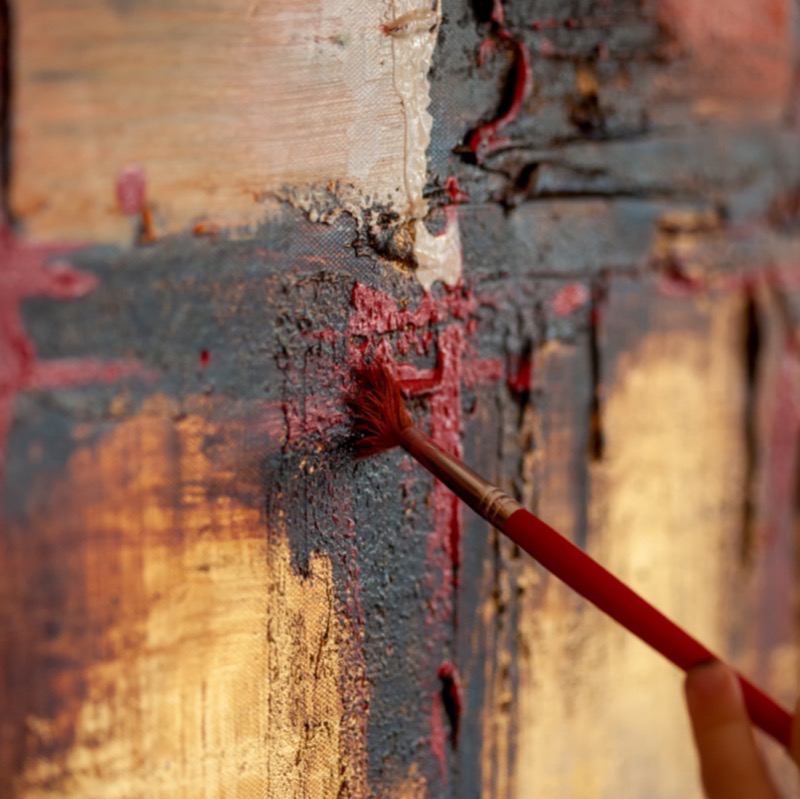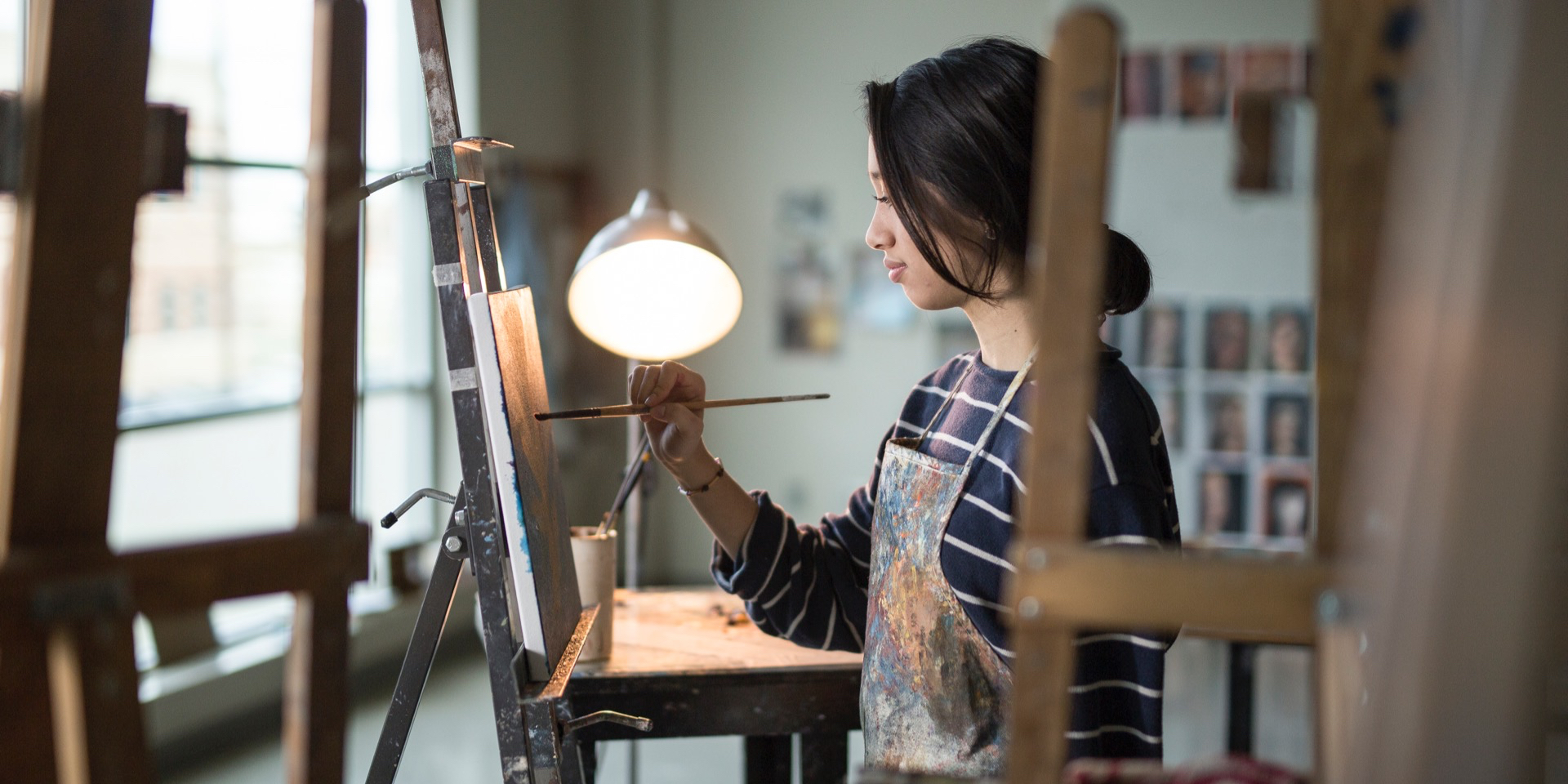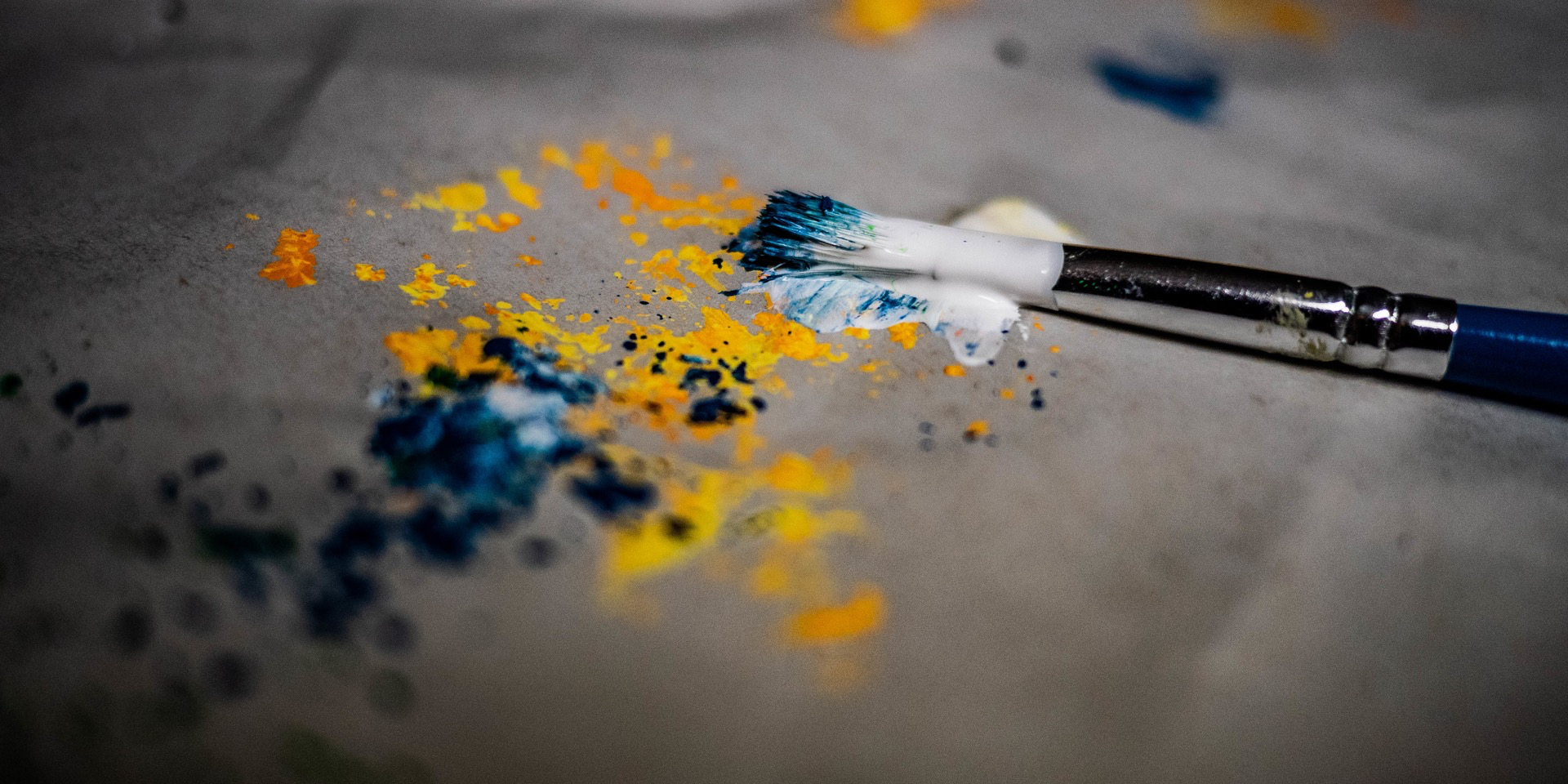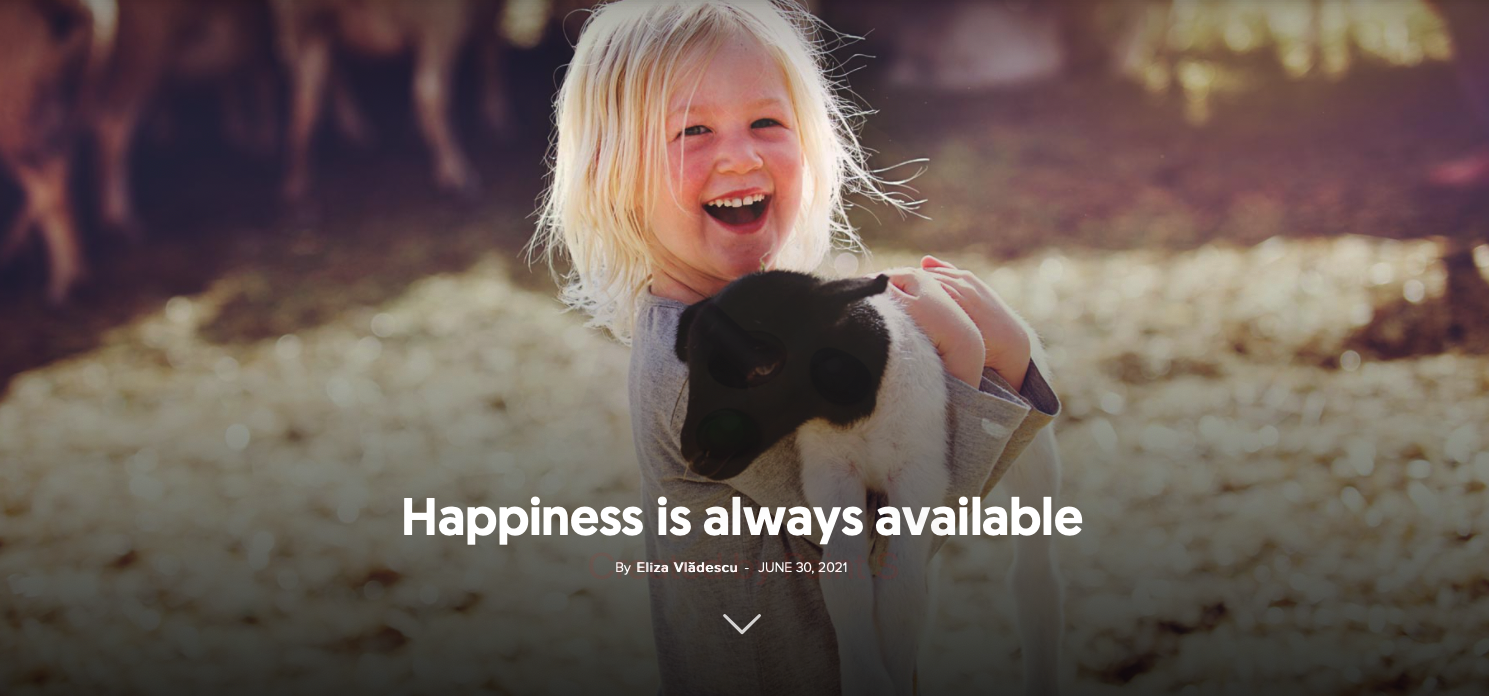Sister trio Clara, Emily and Sharon always dreamed of different things they could do together when they grew up. They never thought they would be where they are now as travelling artists with a thriving business and a 17,000 (and growing) following.
Though they did lots of creative things together when they were young, life got busy as they grew older. When Covid-19 hit, and they had to stay home, the girls each found themselves pouring back into their art, spending days sprawled out painting pictures that represented their roots. From there, things expanded in a beautiful, organic and unexpected way.
After posting some of their artwork online, the girls started receiving messages from people wanting to purchase it. Since they all wanted a change in direction with their careers and pace of life, they decided to take a chance to see if they could make something out of it. They began praying each day, asking for God’s direction and for Him to open doors. They uploaded more of their art online and named themselves Krubi Creative (pronounced Ker-ah-bi).
“We didn’t realise how much it would expand and grow in such little time,” Sharon, the eldest of the three, said. “God really had His hand over everything.”
Stories that matter
In a world where cultures and traditions are constantly changing, the Krubi sisters recognise the importance of preserving and celebrating the history and knowledge passed down to them. Their elders from the Gundungurra nation taught them most of all, to remember their lineage, care for nature and foster a sense of community and belonging. Not only are the girls incredibly grateful for what was passed down to them, but they believe much of it is just as important for the world to know today. Their art then, is more than just a creative act. It is a reminder to themselves of what truly matters and a way to share their much-loved heritage with others.
Woven into their culture is the oral tradition of songlines and Dreamtime stories that have been used to pass down values and beliefs from one generation to another. The stories of their family feature all throughout the Krubi sisters’ artworks through symbolism, line work, repetitive patterns, dots, flowers, colours and other elements that are important to their people. “We believe it’s really important to pass down old traditions and hold onto the knowledge that our ancestors held dear,” Emily said.

The girls heard many of their songlines and stories from their aunties and female relatives, as is the tradition. This is where they were inspired to name their business Krubi Creative. The word krubi is used in many accounts of Gundungurra stories and depicts a woman who holds great beauty—but a beauty that is elevated by her actions and character. The Krubi sisters don’t simply want to create beautiful art. They want to create art that reflects the beauty of their culture and that becomes more beautiful as people come to understand the underlying themes and messages depicted in their paintings.
“I’ve learned so much about God from the stories that were passed to me,” Sharon said. “A lot of Indigenous people converted to Christianity when they were introduced to it because they resonated with it. They were already practicing a lot of the things God was teaching.”
For the love of the land
Looking at their artworks, you’ll see that much of their inspiration comes from nature. Clara likes to detail the intricacies of native plants, Sharon uses earthy colours to showcase the beauty of the earth, and Emily depicts water systems that hold particular significance to the Gundungurra country. Their people’s survival was based around waterways that provided a stable food source, firstly by food within it and from the many plants that grew nearby. It is full of beautiful waterfalls, rivers, waterholes and the Jenolan caves. As well as having a deep love and appreciation for this region, the girls credit their love for nature to their childhood. “We spent a lot of time outside, around fires, camping and bush walking,” Clara said. “Dad was always showing us different places and pointing out things in the bush. He helped us connect to the land from a young age.”

Understanding their culture’s relationship with nature has also been something that has strengthened the girls’ relationship with God. Having been raised in a Christian household, they have seen similarities between what the writers of Scripture and the Aboriginal people intrinsically knew about things like the stewardship of the land and deep connections with one another.
“It’s like they really understood God’s creation because you can see themes of God everywhere,” Sharon said. “They didn’t have a Bible to reference, so they were learning directly from nature. They were extremely sustainable and very responsible in the way they cared for nature. They only took things as needed, they tried hard not to destroy anything and they had sustainable practices for protecting things.”
Seeing how far removed many are from the natural world today, the sisters hope their art will inspire people to look after our land and appreciate the simple things nature has to offer . . . like the sound of a bird or the vast array of colours in nature.
Community and belonging
For the girls who grew up in a family of seven, they can identify with this saying: “We had our own little tribe . . . we were a very close family.”
Connection with others is central to Indigenous peoples’ way of life. The girls recall people passing on important knowledge and wisdom to them throughout their lives to ensure that they would maintain a strong sense of belonging within their communities. “There is always something to learn, and whenever we can, we sit and learn from our elders who teach us our culture and traditions,” Clara said.
These roots still reflect in how close the girls are today and their ability to work together. They admit that they have arguments from time to time, but they’re always quickly resolved. Though they do not currently live in the same location, they love it when they get a job to create a mural, as they get to come together to work. They find that the final outcome is far better, with their favourite pieces usually being the ones they’ve collaborated on. “There’s something really special about creating together. It’s a huge blessing. A dream come true,” Emily said.
Life now
They always dreamed of doing something creative together, however, they would have laughed if you told them during lockdowns that, within a few years, they would sell art exclusively for people to hang on their walls (though they do hope to expand their product range in the future). With backgrounds in nursing and no formal business experience, the Krubi sisters have been overwhelmed with the growth they’ve experienced. Today, Sharon gets to paint from home and be with her two girls; Clara is painting while travelling Australia in her converted Coca-Cola truck, and Emily paints on the northern rivers while pursuing other passions and living life close to the sea.
For the sisters, the hope for their art is to share what has been passed down to them for generations. That being: the past, the land and that our connections to one another are important. Their goal for Krubi Creative is to represent their culture in a positive light and remind people of the things of the past that still hold great importance in our world today. “We strongly believe in the continual growth and demonstration of Aboriginal culture,” Sharon said. “We love that through our art we can continually celebrate our heritage and demonstrate the beauty that we have cherished and are so honoured to call our lineage.”
If you’d like to learn more about Krubi Creative or see what they’re creating, head to their website or follow them on Instagram.
Zanita Fletcher is a life coach, writer, and an assistant editor for Signs of the Times Australia/New Zealand. She writes from the Gold Coast, Queensland. A version of this article first appeared on the Signs of the Times Australia/New Zealand website and is republished with permission.




















